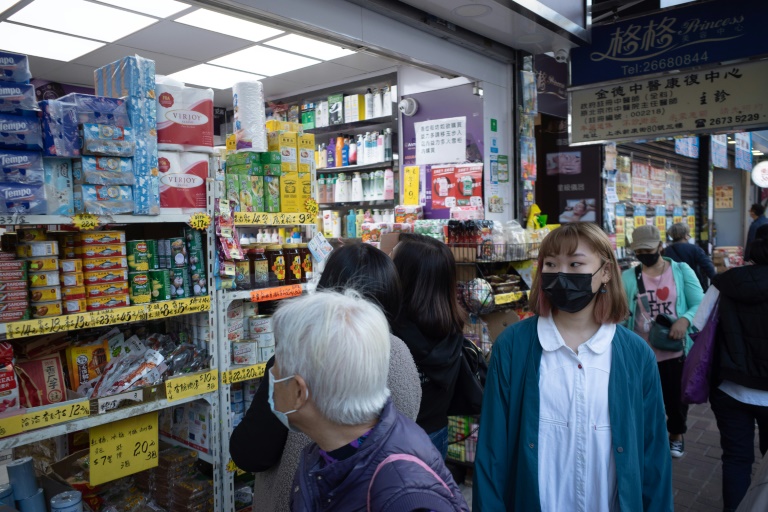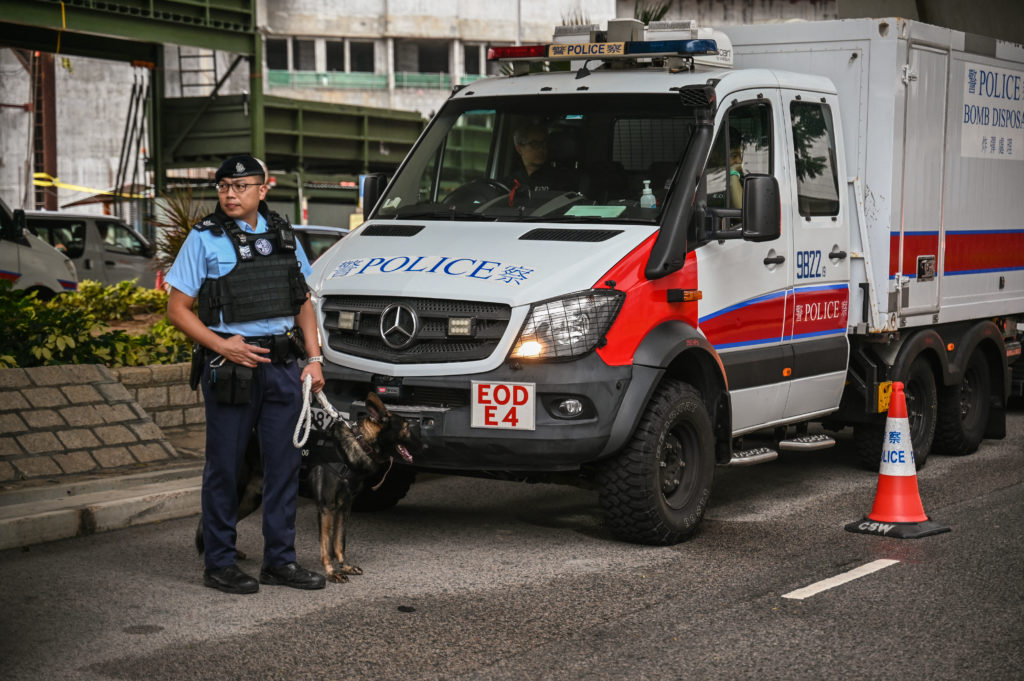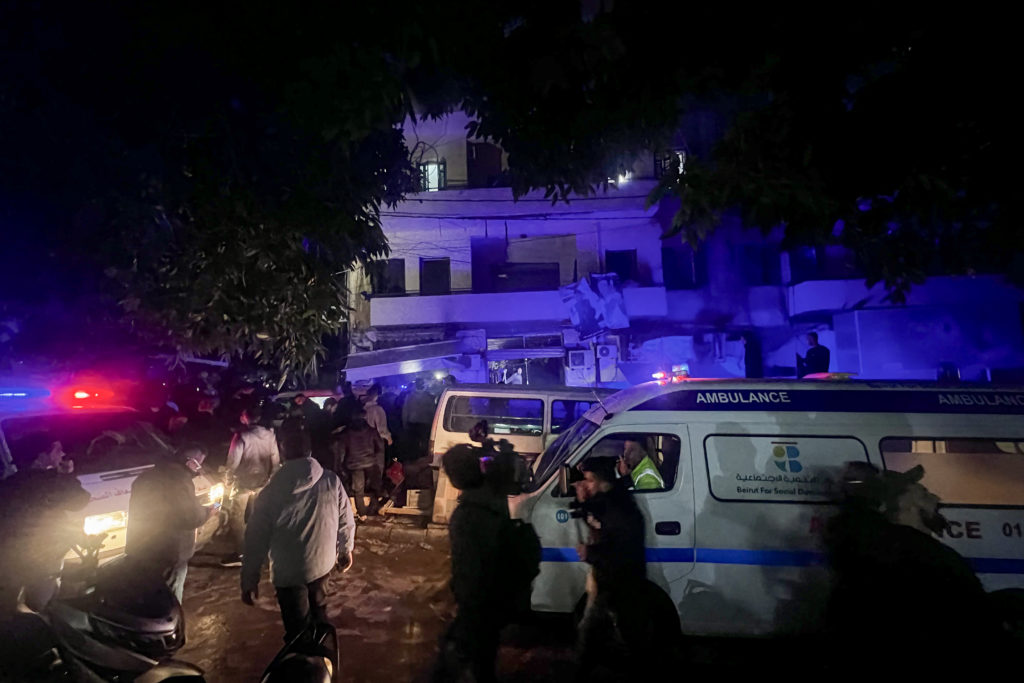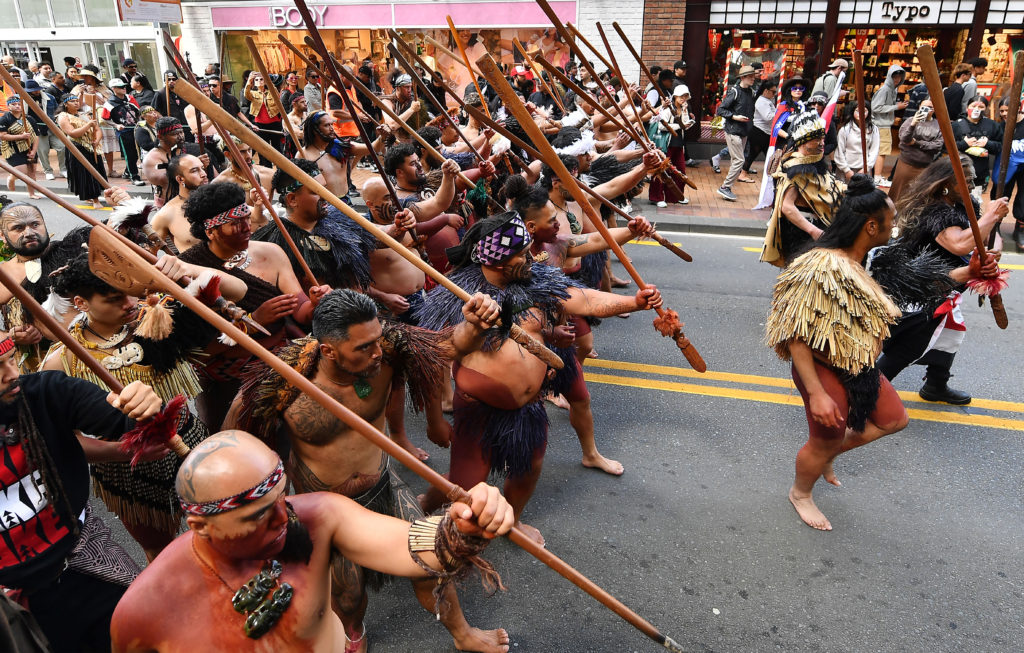Three years of democracy protests followed by a pandemic have devastated Hong Kong retailers who had grown used to relying on cash from mainland Chinese tourists.
In a city that once boasted some of the world’s highest retail rents, the market has cratered.
But a border town has seized the chance to evolve its local economy.
Sheung Shui is the first town from the main overland border crossing and once thrived as a place where tax-free goods could be snapped up for resale back in mainland China — a process known as parallel trading.
“People’s impression of Sheung Shui is of parallel traders and mainland China,” said Eugene Chan, 22, who has lived in the neighbourhood since childhood.
Chan recalled pavements swamped by people filling their luggage with cosmetics, baby formula or household supplies to meet huge demand across the border.
But all that vanished in the wake of huge democracy rallies followed by pandemic-related border closures.
In January 2019, just before the protests began, arrivals from the mainland reached an all time high of 5.5 million, a remarkable figure given Hong Kong’s population is 7.5 million.
Two years later that figure fell below 3,000.
“That’s a huge loss of demand,” Simon Smith, senior director of research and consultancy at Savills, told AFP.
“That wave of mainland spending, particularly focused on luxury, watches, jewellery, designer goods, it really propelled rents to world-beating levels.”
Hong Kong’s popular shopping districts previously boasted “golden streets” where store rents were more expensive than those in New York City’s Fifth Avenue.
Now, Smith said, shop rents in prime locations have undergone a “substantial correction” and regressed to 2003 levels, down more than 75 percent from peak levels in 2013.
– Silver linings –
Analysts have noted a rebalancing to more local consumption, with some prime location stores in shopping areas taken over by more budget-friendly businesses.
At one large location in Hong Kong’s Central district — which commands some of the highest retail rents in the world — luxury brand MCM was replaced last year by sporting goods chain Decathlon, which snapped up the storefront for HK$800,000 ($103,000) a month — a 70 percent discount, according to local media reports.
Similar rent falls have been documented in Causeway Bay, another once eye-wateringly expensive shopping district.
In Sheung Shui, entrepreneurs like Dream Law have seized the opportunity to start businesses that cater more to locals — in his case a grocery store.
“During the boom of (mainland tourists), 80 to 90 percent of businesses in the Sheung Shui market area catered to parallel traders,” Law told AFP.
The inflated rents meant that community businesses — such as hardware stores, bookstores and cinemas — were priced out, he said.
“It felt like this community did not belong to us, and it had been that way for years.”
The economic situation in border towns like Sheung Shui boiled over into protests starting from 2012 and was a major contributing factor to growing China-Hong Kong tensions over the past decade.
When the pandemic struck, Law saw a silver lining in the rock-bottom rents and started BeWater Mart, which focuses on “made in Hong Kong” goods.
His store, along with a cafe and a pottery studio nearby, represent a wave of nascent businesses trying to respond to local demand.
“I hope Sheung Shui people can come back here to live and spend,” Law said.
– Uncertain future –
Hong Kong, which has followed China’s lead in adopting a strict zero-Covid policy, is now in negotiations to resume normal travel with the mainland in a limited capacity.
Polls showed that many Hong Kongers are eager to cross the border for business, tourism and family reunions.
The Hong Kong government’s proposal of a daily quota, which is reported to be around 1,000, will not have a “significant impact” in boosting tourist spending back to pre-pandemic levels, Savills’ Smith said.
On the eve of a border reopening, it remains unclear whether Hong Kong’s retail economy will return to its mainland-dependent model or chart a fresh path forward.
Sheung Shui resident Chan said the border closure was just a “pause” and she was worried about parallel traders returning.
But in the meantime, she would focus on enjoying the present.
“I finally had one of my friends say they wanted to come visit Sheung Shui to try out a restaurant (…) it’s a happy change,” Chan said.
“The atmosphere is not as stifling or hectic, and instead it feels like a small community. I think everyone is breathing easier.”










